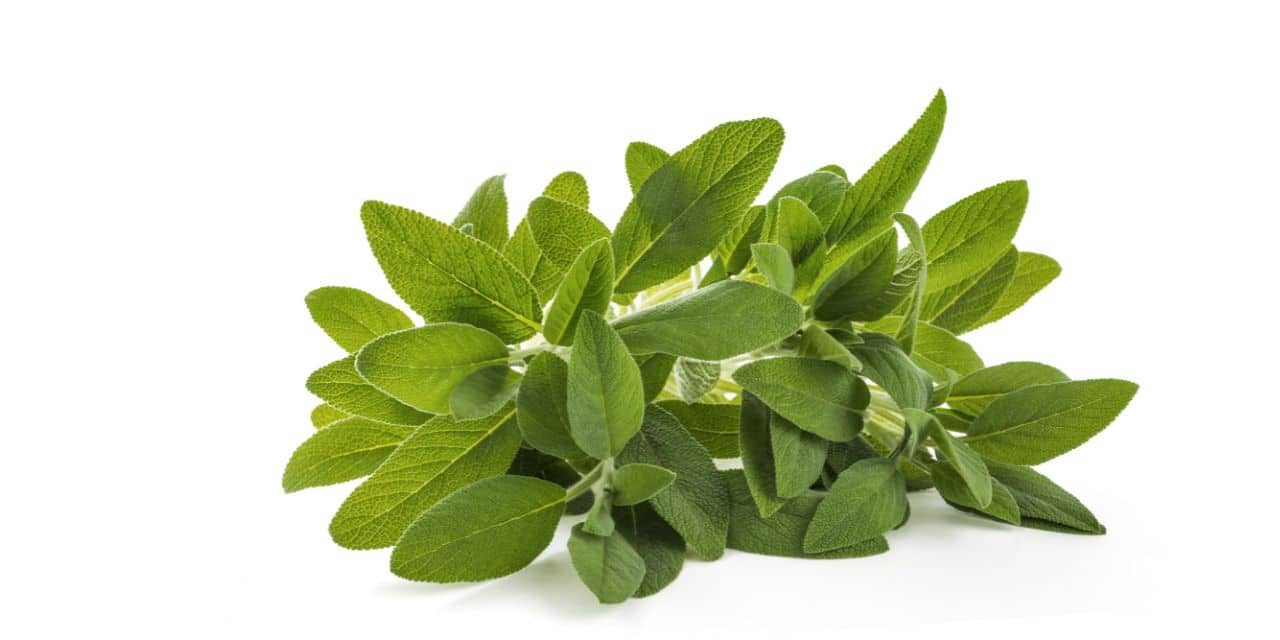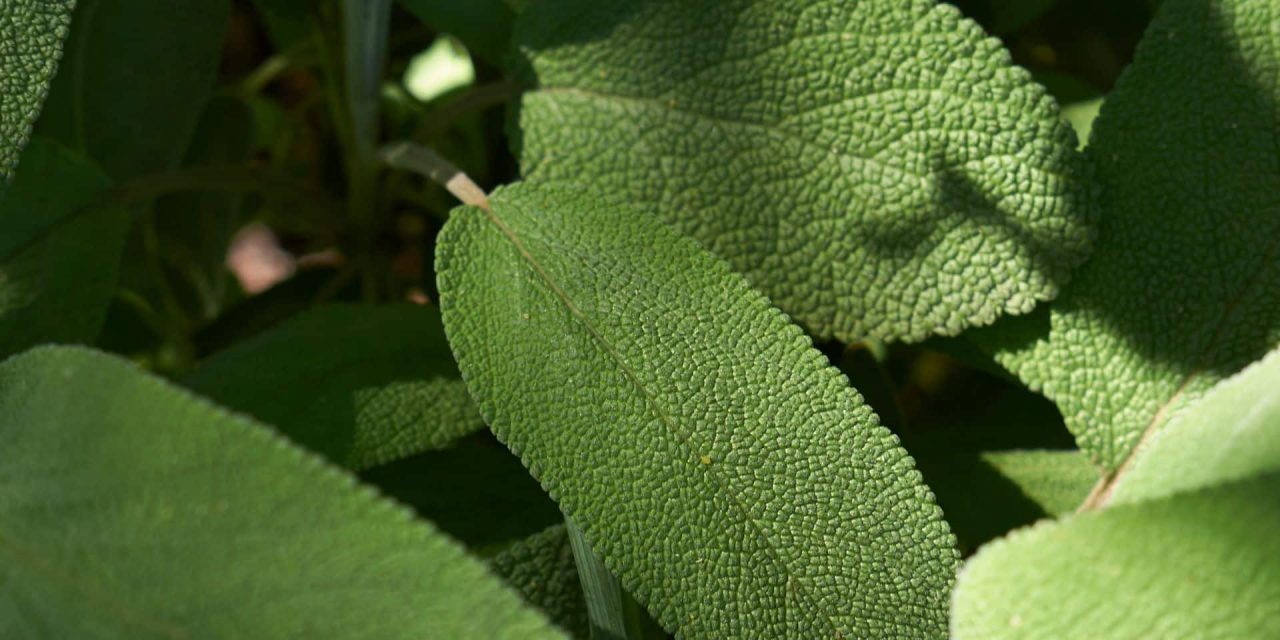Sage Mother Tincture is a classic herbal preparation that has been known for centuries and is rich in benefits especially for menopausal women.
Let’s find out together.
Sage Mother Tincture: what is it and what are the benefits?
Table of Contents
Salvia Officinalis: what is it?
La common sage (
Salvia officinalis
L., 1753) is a small perennial plant herbaceous belonging to the
family
Lamiaceae
.
Its virtues have been famous for thousands of years, in fact was a sacred herb for the Romans, and its name comes from the Latin word “salvus,” healthy, in homage to its anti-inflammatory properties, balsamic e digestive which science has now ascertained and confirmed.

What is birch used for? Let's find out the properties of birch:
Phytotherapy, a science dealing with the use of plant medicines for the treatment of human diseases, attributes to the
Salvia Officinalis
property
carminative
,
antispasmodic
,
antiseptic
, astringent e
antisudorific
.
Among the active ingredients contained in the leaves and flowering tops we find important compounds such as theursolic acid, fumaric acid, chlorogenic acid, caffeic acid, rosmarinic acid (known anti-inflammatory action), salvina, enzymes, vitamins B1 e C, estrogenic substances, flavonoids (luteol and apigenol glycosides).

Sage Mother Tincture:
Mother Tincture(TM) is a liquid preparation, obtained by extracting fresh drug by
percolation
o
maceration
with an appropriate solvent.
The solvent most commonly used in mother tinctures is a hydroalcoholic solution (water + alcohol) with a varying gradation (most often between 60° and 80°) depending on the solubility of the actives to be extracted.
Sage mother tincture is an herbal preparation extracted from the
leaves
of theCommon Sage plant (Salvia Officinalis) , which are macerated in a1:10 ratio in a solution of water and Alcohol.
This is an herbal remedy believed to be especially useful in promoting women’s well-being during menopause.
Salvia Glyceric Macerate: what is it?
In recent years, Mother Tinctures extracted with the
Vegetable Glycerin
instead of Alcohol, which makes them better in several respects.
In addition, since Glycerin is a less potent type of solvent and therefore less extractive than Alcohol, innovative extraction techniques are used, such as the
Ultrasonic Extraction
.
Ultrasonic Extra ction is an extraction technique.
innovative
,
clean
, easy and quick to perform, which allows the extraction of active ingredients from plants and medicinal plants in particular and the production of quality phytoextracts by exploiting the exclusively mechanical action exerted by the cavitation effect produced by sound waves.
Alcohol-free Sage Mother Tincture is obtained by hydroglyceric maceration of Salvia Officinalis leaves, again at a ratio of 1:10, and is an innovative type of
Mother Tinctures
, which having been obtained by the ultrasonic process, makes it better from several points of view.
We at Vonderweid, thanks to our 20 years of experience in the field of Food Supplementsand after a long process of research and development in our laboratories for the production of
Non-alcoholic Mother Tinctures
, we have managed to obtain a product with the desired characteristics.
Our non-alcoholic mother tinctures are classified as.
Dietary Supplements
and are regularly notified to the
Ministry of Health
.

SageGlyceric macerate: properties and indications
La
Alcohol-Free Mother Tincture of Sage
, o
Glyceric Macerate of Sage
, is a natural remedy for which properties such as:
- Useful for the function
digestive
- Useful for theelimination of
intestinal gas
- Useful for contrast of disorders of
menopause
- Useful for regularity of the process of
sweating
- Useful for the well-being of
nose
and of
throat
- Antioxidant and tonic action in cases of physical and mental fatigue
All of these claims are
regulated
and
approved
by Italian Ministry of Health for their physiological effects aimed at “optimizing the body’s functions in the context of homeostasis.”
Salvia Glyceric Macerate: how many drops to take?
For the intake of the
Salvia drops
, we recommend the use of 20 drops for 2/3 times a day to be diluted in a glass of water.
Always remember that Supplements should not be intended as substitutes for a varied and balanced diet and should be used as part of a healthy lifestyle.
Also, do not exceed the recommended daily dose and keep out of reach of children under 3 years old.
Salvia Contraindications?
Salvia is contraindicated inrenal failure andneurovegetative instability.
It is found reported that sage can reduce not only sweating but also lactation: for this reason, its medicinal use during lactation is not recommended as a precautionary measure.
Bruno Brigo, on the other hand, recommends avoiding administration in plethoric and hypertensive subjects.






